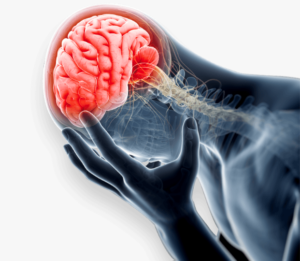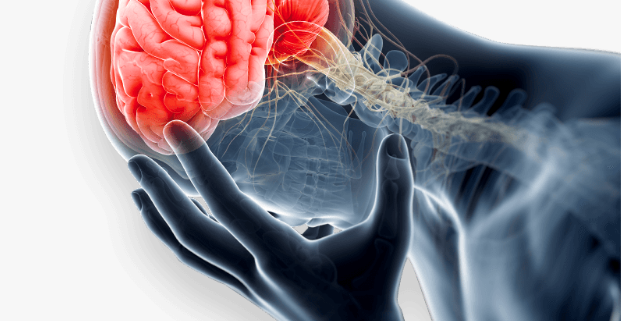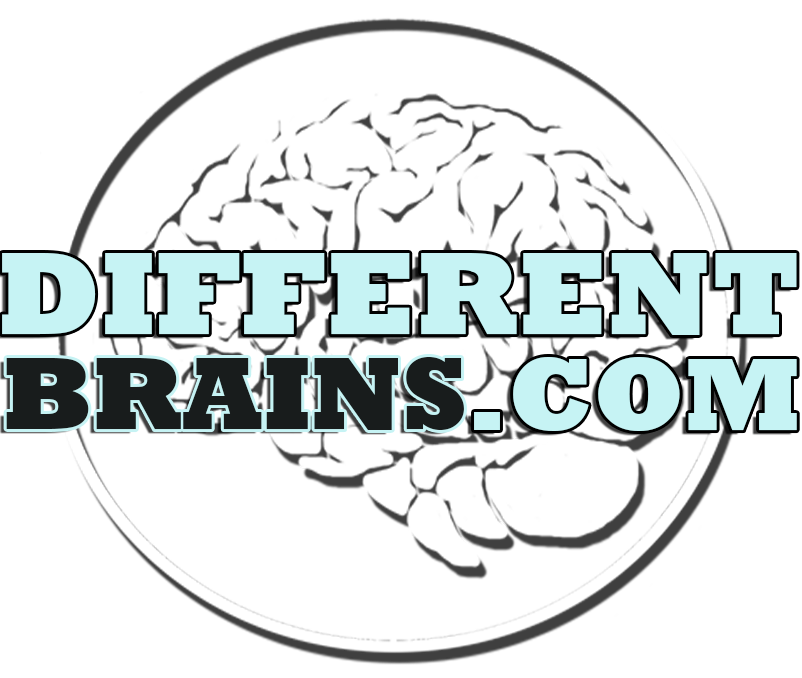Anxiety, ABI & Rehab Funding
Anxiety is a big problem today in the world of acquired brain injury (ABI) rehabilitation.
I would like to suggest though that it is industry specific and promoted and perpetuated therein. The rehabilitation funders have set up a system where the survivor of the ABI is totally unconsulted and the process of rehabilitation and recovery is largely unpredictable according to them. This process which only makes the survivor of the accident suffer with the rehabilitation funders sole goal of lowest cost liability. This is brought to the fore during a process which only promotes anxiety not only by the recovery process but also by the legal framework behind all the actions of the rehabilitation funders. This is coupled with the fact that post trauma stress disorder (PTSD) is promoted by anxiety and has quickly become another deficit to which the survivor is labeled as having.
 The fact that this is yet another deficit that the survivor must work their way out from is due solely, I believe, to the conditions brought about by the rehabilitation funders. This anxiety is a self-fulfilling prophecy as the rehabilitation funder places as many unpredictable variables in the way so as to promote this most common deficit. This is somewhat due the unpredictable way that ABI recovery happens if left to the whim of the survivor. Some general scientific principles need to be applied here. Given that there will always be exceptions due to the nature of an ABI, however these are general principles that should be applied for the best possible outcomes to be obtained.
The fact that this is yet another deficit that the survivor must work their way out from is due solely, I believe, to the conditions brought about by the rehabilitation funders. This anxiety is a self-fulfilling prophecy as the rehabilitation funder places as many unpredictable variables in the way so as to promote this most common deficit. This is somewhat due the unpredictable way that ABI recovery happens if left to the whim of the survivor. Some general scientific principles need to be applied here. Given that there will always be exceptions due to the nature of an ABI, however these are general principles that should be applied for the best possible outcomes to be obtained.
Certainly though some anxiety is necessary for life as we know it to exist. Some ways to channel this anxiety are needed now. One way is to put the energy into physical activity, another is to do something easy like read a book or listen to talking books online. A third way to think about anxiety is to see it coupled with anger. The two are normally distinct in the general population as outlined in the references, however with the advent of a traumatic Brain Injury this distinction is lost. Thus some consideration should be given by the rehabilitation funders as to the sort of paradigm they are setting up for the survivor. It is not lost on the author that some motivation for the survivor to get better is required, however this need not be done necessarily at the expense of all else. The frontline professionals need some further training in order for the rehabilitation paradigm to move forward towards a more balanced perspective on life.
A fourth way to think about anxiety is as a starter to get the mind working again. This core starter of the process of the mind being engaged again is needed to be recognized at an early stage. In order to start to put coherent thoughts together one must have some ability to process a thought about something that is not regulated automatically. This should start basically with the activities of daily living such as toileting and eating.
The energy involved in anxiety should then be harnessed and channeled into a thought process which then proceeds to develop the memory and executive areas of the brain. This shift in focus of the anxiety should be done with some encouragement, patience, and gentleness.
For example take a situation that is ideal for anxiety at first – will the toilet flush. The therapist could then walk through the steps that the person’s thinking and help them to thereby develop their own self sufficient process for directed questioning.
The who what when where, why and how questions should all be asked initially to get the mind working again. The base curiosity can be developed also during this timeframe. This process might seem slow for the professionals but then again they are there to serve the survivor and not the other way around as some of rehab has evolved to be working. The professionals should at this stage try to get the survivors mind working again by harnessing some of the old skills that the survivor was using in their everyday life – bonus to those who had a problem solving profession. There is a lot of room to develop curiosity. Some have even made a business of it and now it is seen as a desirable characteristic to have as a keyword on a resume or as a team characteristic/goal in a larger organization.
The long time periods while waiting for a settlement after formal rehab is over comes to mind of a place where anxiety can be bred unnecessarily, both from my own experience and from that of others I see around me. Although each accident is different as well as individual recoveries there are still some common points which must be promoted by the survivor organizations. As this must be by the professionals, I look to you for development of this sort of team. I am willing to aid in whatever capacity is required.
Appendices
Dr. Melanie Badali, registered psychologist and board director at AnxietyBC, says in general, anger is not usually considered to be a symptom of anxiety.
“Anger and anxiety are generally regarded as different emotional experiences with some overlap. They have both unique and common biological, cognitive, and social features,” she tells Global News. “Anger is usually connected to some type of frustration [and] anxiety is usually connected with an overestimation of threat and an underestimation ability to deal with that threat.”
Joshua Nash, a counsellor based in Austin, Texas, wrote an article for GoodTherapy.org in 2014 about anxiety and anger in particular.
“The point of my article was to show that anger is usually the emotion that people might identify in the moment, but that another emotion (anxiety for example) might be ‘underneath’ the anger, so to speak,” Nash tells Global News. “You won’t know anxiety underlies your anger until you’ve 1) fully felt the emotion first and then 2) introspected sufficiently to determine that the cause of your emotional upset was something you were afraid of.”
anx·i·e·ty
/aNGˈzīədē/
noun
- a feeling of worry, nervousness, or unease, typically about an imminent event or something with an uncertain outcome.
“he felt a surge of anxiety”
| synonyms: | worry, concern, apprehension, apprehensiveness, consternation, uneasiness, unease, fearfulness, fear, disquiet, disquietude, perturbation, fretfulness, agitation, angst, nervousness, nerves, edginess, tension, tenseness, stress, misgiving, trepidation, foreboding, suspense; More | |
- desire to do something, typically accompanied by unease.
“the housekeeper’s eager anxiety to please”
| synonyms: | eagerness, keenness, desire, impatience, longing, yearning
“her anxiety to please” |
- PSYCHIATRY
a nervous disorder characterized by a state of excessive uneasiness and apprehension, typically with compulsive behavior or panic attacks.
Medical News Today – Oct 26, 2018
Anxiety is a normal and often healthy emotion. However, when a person regularly feels disproportionate levels of anxiety, it might become a medical disorder. Anxiety disorders form a category of mental health diagnoses that lead to excessive nervousness, fear, apprehension, and worry.
What causes anxiety? · Social anxiety disorder · What is separation anxiety …
Brainline.org
Anxiety is a feeling of fear or nervousness that is out of proportion to the situation. People with brain injury may feel anxious without exactly knowing why. Or they may worry and become anxious about making too many mistakes, or “failing” at a task, or if they feel they are being criticized.
Following a life-changing event like a brain injury, it’s normal to feel intense stress. But sometimes stress can build up and lead to anxiety. The main symptoms of anxiety are fear and worry. In turn, anxiety can cause or go hand-in-hand with other problems including:
- Restlessness
- Sleeplessness
- Depression
- Difficulty concentrating
- Difficulty completing tasks
- Difficulty getting along with others
People can express anxiety in both emotional and physical ways — from being inordinately irritable to experiencing shortness of breath or feelings of panic. Anxiety becomes a significant concern when these feelings intensify to a point where they interfere with the tasks of life. Anxiety can also be a symptom or effect of post-traumatic stress disorder.
Traumatic Brain Injury Anxiety Disorders: How to Take Back …
https://www.flintrehab.com/2019/traumatic-brain–injury–anxiety-disorders
2019-05-24 · Traumatic brain injury anxiety disorders can make it almost impossible to function in everyday life. In today’s article, we’ll be taking a closer look at some anxiety disorders after TBI and some of the best ways to manage them





